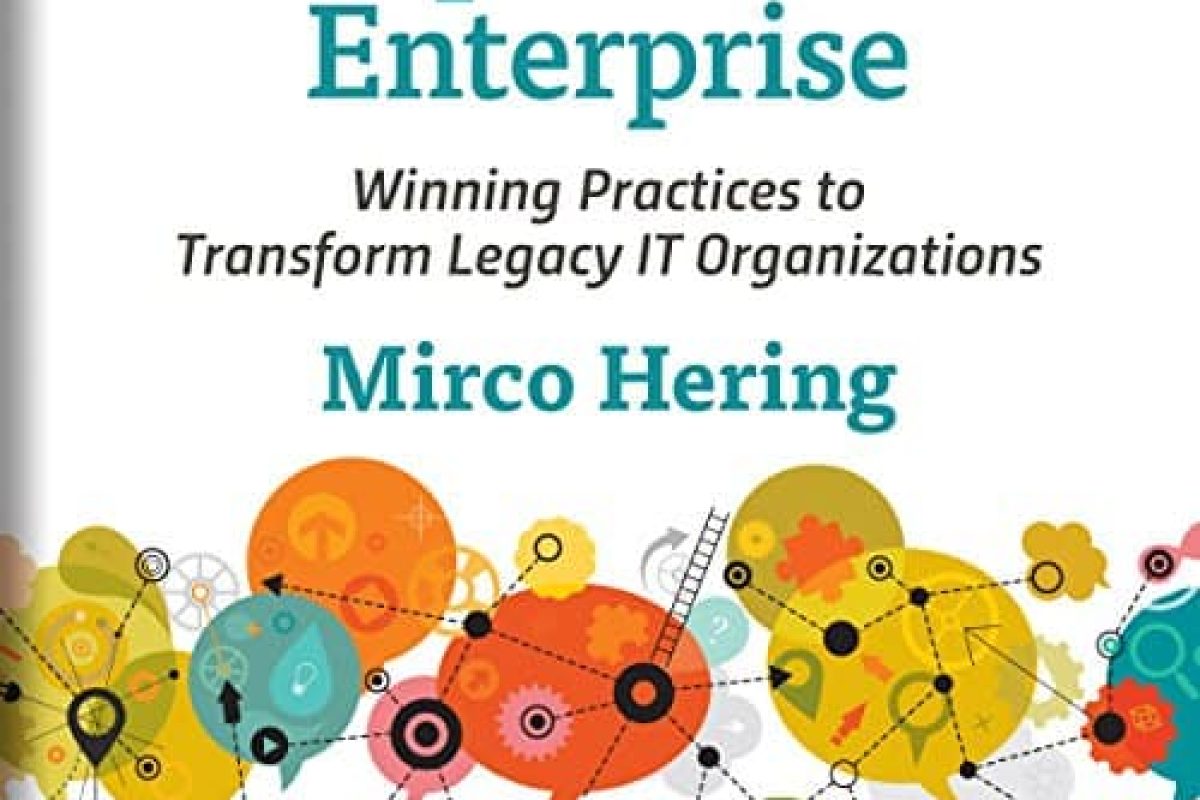In “DevOps For The Modern Enterprise: Winning Practices to Transform Legacy IT Organizations,” Mirco Hering offers a compelling roadmap for companies stuck in outdated IT practices, aiming to transition toward a more agile and efficient DevOps model. Targeting not just developers and IT professionals but also executives and managers, Hering delves into the hows and whys of adopting DevOps in a modern enterprise context. He sets out to demystify DevOps, presenting it not as a set of tools but as a culture and practice that can drive business transformation.
The book stands out for its realistic approach to implementing DevOps in large organizations. Recognizing the challenges posed by existing legacy systems and bureaucratic hurdles, Hering provides actionable advice on how to navigate these obstacles. He outlines a holistic approach, integrating various aspects like team structures, metrics, and continuous improvement into a coherent strategy. The book is replete with case studies and real-world examples, which offer valuable insights into the practicalities of transitioning to DevOps. These examples also make the book’s ideas relatable and executable, avoiding the trap of presenting DevOps as an idealistic, unattainable goal.
Hering’s focus on cultural transformation is particularly noteworthy. He emphasizes that the journey to DevOps is not just a matter of adopting new technologies but involves changing organizational mindsets. This requires a top-down approach, starting with the C-suite and percolating down to every level of the organization. In doing so, the book offers value not just to technical practitioners but to business leaders looking for ways to improve performance and competitiveness.
However, the book may not be an easy read for those completely new to DevOps or IT management. Some familiarity with basic concepts and terminologies is assumed, which could make it less accessible to a broader audience.
In conclusion, “DevOps For The Modern Enterprise” is a must-read for any organization struggling with the challenges of modernizing its IT practices. Comprehensive, practical, and rich in expert insights, the book fills a much-needed gap in literature by addressing the challenges of adopting DevOps in complex enterprise environments. It provides the tools and strategies needed to transition from legacy systems to a more agile and responsive IT culture, making it an invaluable resource for businesses aiming to thrive in a rapidly evolving digital landscape.




